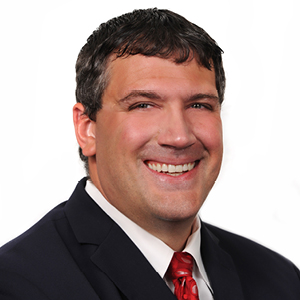Limit levy votes to general elections
Nov 29, 2022This opinion piece was first published by The Center Square.
Regular elections sit at the heart of American self-governance. They determine our political leaders, define community priorities and civic responsibilities, and ensure that elected officials remain accountable to the people they represent. Special elections, however, too often undermine these benefits, with unusually low voter-turnout representing a small slice of the population that can give special interest groups paying attention to special issues an unhealthy sway.
Ohio’s peculiar August special elections are a prime, unfortunate example of just such a risk. The most recent August election, for instance, saw an anemic 7.9% voter turnout statewide and cost Ohio taxpayers $20 million. That means that less than 8% of eligible voters decided an issue for the rest of Ohio. By contrast, in the last 40 years, the lowest turnout in an Ohio general election without state or federal offices on the ballot was 27% in 2013, while the lowest turnout for an election with state and federal offices on the ticket was a disappointing 41% in 2014 – still more than five times this August’s voter turnout. By contrast, the average turnout in general elections with statewide and federal candidates on the ballot is more than 62%.
Voter data are clear. General elections represent voters generally. Special elections tend to represent special interests.
The danger of special interests ruling by special elections becomes even greater when local taxes and school levies are relegated to August or off-cycle elections. Proponents of levy or tax increases know that fewer voters are paying attention to such issues during a non-November election and will therefore be unlikely to rally in opposition. This political tactic empowers a small, motivated but unrepresentative band of voters to raise taxes on the broader community with little to no input or resistance – effectively disenfranchising the majority of voters and taxpayers.
Fortunately, legislation now pending in the Ohio General Assembly may soon end the state’s notorious late-summer elections. But policymakers should go further and only allow voting on tax levy questions during general elections that include state and federal offices on the ballot. An exception could be made for declared fiscal emergencies, but limiting levy votes to traditional general elections would almost certainly ensure higher voter turnout and a more representative result.
Eliminating Ohio’s August special elections will improve state and local government by restraining the power of special interest groups and keeping elected officials accountable to their constituents. And allowing tax levies to appear only on ballots that also include federal or statewide offices will require levy advocates to convince a larger, more representative block of voters that a tax hike is the way to go.
But if Ohio continues to allow a tiny fraction of voting taxpayers to pass levies while the vast majority of voters remain understandably more concerned with summer’s family vacations or getting the kids ready for the new school year, then our democratic self-government will suffer, and the tail will continue to wag the dog.
Greg R. Lawson is a research fellow at The Buckeye Institute.

